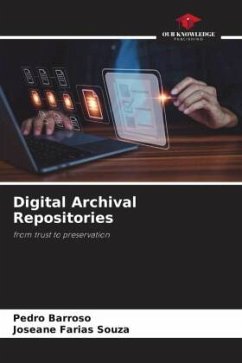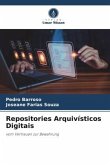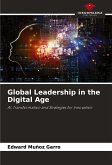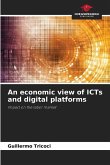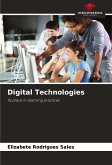As a result of the technological revolution, archival practice and knowledge were faced with a paradigm shift from physical to digital documents. This process was so accentuated and vehement that it became the fifth most important milestone for archives in the 1980s. To this end, this research is bibliographical and qualitative. Its objective is descriptive and informative. The results point to the importance of the chain of custody in terms of maintaining the archival characteristics of digital documents. It explains the importance of drawing up the archival management tools, the Classification Plan and the Table of Temporality and Destination of Documents. It highlights Archivematica and Atom as the most widespread archival repository and access platform, respectively, in Brazil and internationally. It advocates the influence of the archivist-researcher in terms of their work, since the publication of case study materials undeniably contributes to the construction of knowledge and the sharing of ideas, expectations and any points of friction that may occur when it comes to practical application.
Bitte wählen Sie Ihr Anliegen aus.
Rechnungen
Retourenschein anfordern
Bestellstatus
Storno

